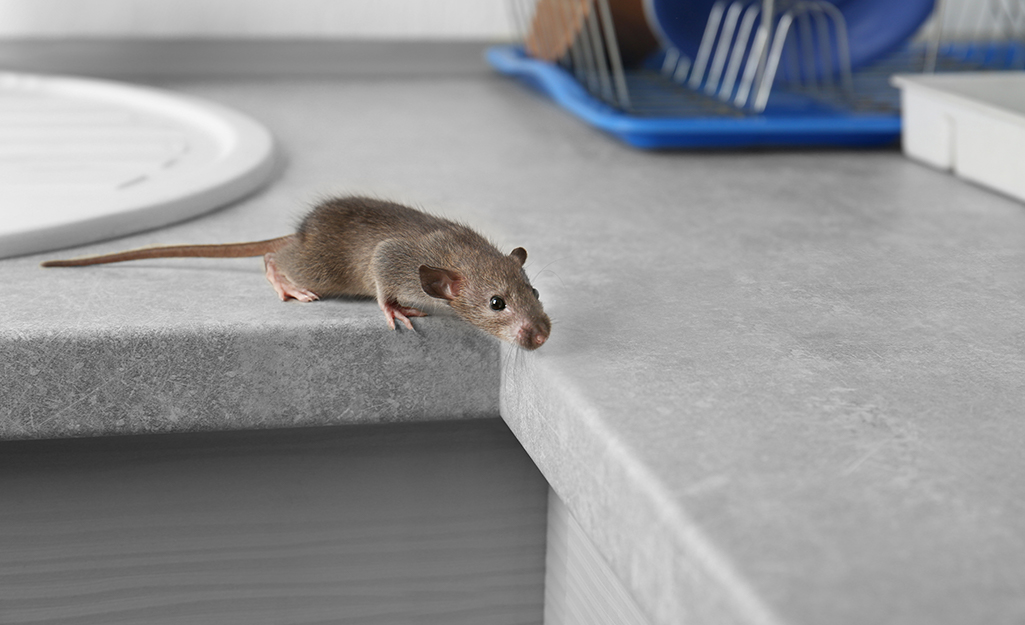As a new homeowner, one of the most crucial tasks on your checklist should be pest prevention. Ensuring that your new abode remains free from pesky invaders is not only essential for comfort but also vital for maintaining the structural integrity and value of your property. Pest prevention for new homeowners can seem daunting at first, but with a solid plan, it's entirely manageable.
When you first move in, it's not just about finding the perfect spot for the couch or choosing the right color for the walls. The secret behind a happy, healthy home goes deeper, right into the foundationsit involves keeping unwanted guests at bay. Lets explore some effective measures of pest prevention to arm you in this mission.
The Importance of Pest Prevention
Ignoring a pest problem can lead to serious damage. Pest invasions can happen unexpectedly, leading to costly repairs and health risks. For a deeper understanding of how pests infiltrate homes, check out this comprehensive resource.

Understanding Common Household Pests
The first step in preventing pests is to know your enemies. Common pests include rodents, cockroaches, termites, ants, and bedbugs. Each requires different strategies for prevention. To get an idea of how to tackle rodent problems specifically, see this smart rodent trap guide.
Prevention Begins With Cleanliness
A clean home is a pest-free home! Keep your countertops, floors, and food storage areas pristine. Regularly take out the trash and ensure you're using tightly sealed garbage bins.
Seal Entry Points
Pests often find their way into homes through small cracks and gaps. Inspections should be carried out regularly to spot potential entry points. Doors and windows should have proper seals, and any physical gaps should be covered. [Read more about effective sealing in this resource](https://www.epa.gov/safepestcontrol/dos-and-donts-pest-control).
Landscaping Tips for Pest Prevention
Proper landscaping is critical. Trim bushes and trees back from the house, and keep mulch away from the foundation to deter termite invasions. Experts at Family Handyman provide insightful tips on maintaining a pest-resistant garden.
Do-It-Yourself Pest Control Solutions
DIY pest control can save money and be highly effective for mitigating minor infestations. Using over-the-counter sprays and traps can handle problems early on. For advanced solutions, refer to the DIY pest control guide.
However, for severe infestations, professional assistance may be required. Explore when to call a pro by checking out this guide.
Pest Control Technologies
Thanks to rapidly advancing technology, new ways to prevent pests are being developed. Devices such as electronic pest repellents or smart traps can provide continuous pest monitoring.
For example, innovative rodent sensors revolutionize pest control by providing precise monitoring and insights without the need for manual intervention. To take your pest prevention game to the next level, check out this article on advanced pest control.

FAQ
Q: Is pest control necessary for a newly built home?
A: Absolutely! Even new homes can be susceptible to pests. Building materials or uncovered entry points can easily result in several kinds of infestations.
Q: What are the health risks associated with pests?
A: Pests can carry diseases that pose serious health risks to humans, such as salmonella, hantavirus, and allergic reactions leading to respiratory difficulties.
Q: Can DIY pest prevention be completely effective?
A: While DIY methods can handle minor infestations, larger problems often require professional pest control services to ensure pests are completely eradicated.
This article contains affiliate links. We may earn a commission at no extra cost to you.
